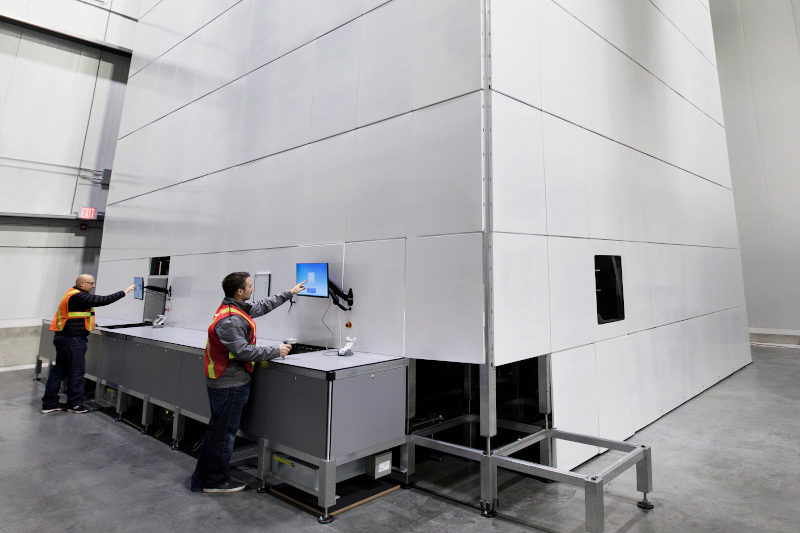CBBarnett
Senior Member
It's too bad, lots of us were advocating for that right at the beginning back in March 2020 - I'm sure we can scroll back a few hundred pages and find some pretty solid suggestions.Banff was smart enough to push through their Bear Street rebuild/pedestrianzation project this year, so it'll be open and lovely next supper. Hindsight is 20/20, and the City had a lot of balls in the air so I'm not going to blame them, but it would have been good to have moved up the 17th Ave construction to this year.
I think it was a tough call - so much uncertainty, plus the local business voice is fairly amplified right now, for good and bad, based on facts and fiction. There's an over-estimation of the impact of fixing sidewalks (because of the more significant real impact of full, lengthy road closures and tax increases the previous years).
Simultaneously there was probably an under-estimate or at least an unexcepted impact of the COVID response. Time will tell as it's not clear what's happening yet - the narrative is one of disaster, but it's an unequal disaster given some places doing better (quietly, as to not disturb the narrative)
In hindsight we should have knocked out sidewalk repaving and finished 17th Ave in a month or two back in the spring.
Mind you, we should have regular sidewalk expansion and maintenance program on every street in the inner city at the same rate as road resurfacing so we don't have to wait 40 years for a complete street rebuild and just try to get lucky through creative scheduling during a pandemic.







